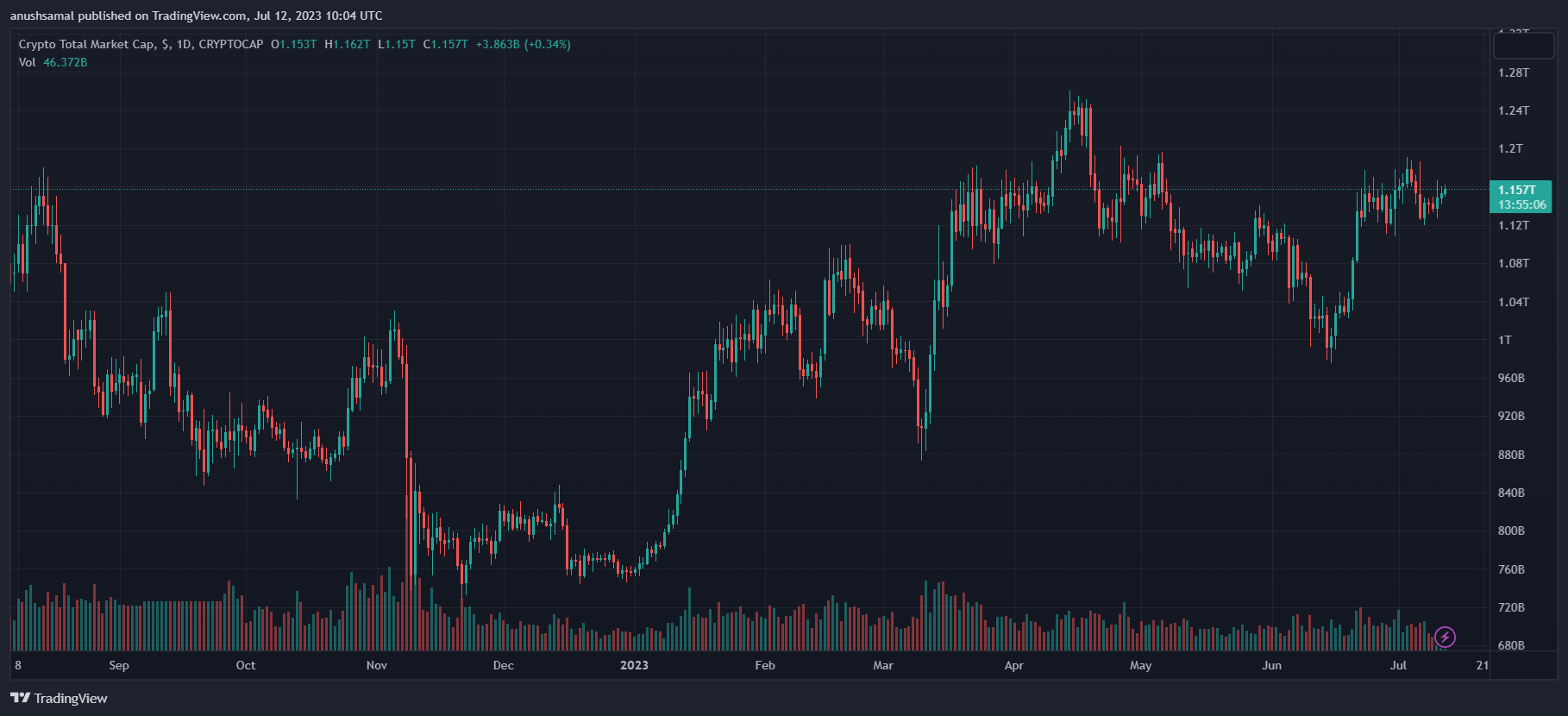Russian Duma Passes CBDC, Real Transactions Commence
The State Duma, the lower chamber of the Federal Assembly of the Russian Federation, passed the digital ruble bill also known as Russia’s central bank digital currency (CBDC) in its third reading on July 11, 2023.
This move brings the digital ruble, Russia’s central bank digital currency (CBDC) project, closer to actual implementation. However, the bill still requires approval from the upper chamber of the Federal Assembly, and the Federation Council, and must be signed into law by the President of Russia. If Vladimir Putin approves the law, it would make Russia the largest country to formally adopt a CBDC.
The bill, which saw its last amendment at the end of June, establishes legal definitions of key terms such as “platform,” “participants,” and “users,” and provides general guidelines for the CBDC ecosystem.
Related Reading: New York District Attorney Presses Charges Against Hacker For Exploiting Solana DEX
Talks of a state-issued digital currency in Russia have been ongoing for several years. In November 2021, it was reported that the pilot program was scheduled to launch in 2022. The digital ruble bill was introduced to the State Duma in December 2022 and underwent its first reading in March 2023.
Bank of Russia To Manage CBDC, Confirms Russian Government
In October 2020, the Bank of Russia, Russia’s central bank, published a consultation paper examining the concept of a digital ruble over a year ago.
In the initial consultation paper, it is mentioned that the digital ruble infrastructure will be overseen by Russia’s central bank, the Bank of Russia (BoR). A press release issued by the Russian government stated that BoR will be accountable for all the assets stored within the system.
According to the Bank of Russia, the main objective of the CBDC is to serve as a means of payment and transfer, and it will not allow users to open savings accounts.
The Bank has also highlighted that individual customers will not be charged for payments and transfers, while corporate clients will be levied a fee of 0.3% of the payment amount.
Experts Warn OF Risks For Banks In Fast Digital Currency Transition
In February, a subsidiary of a major Russian government-owned gas company, Gazprombank, issued a warning regarding the potential risks for banks in the event of a swift transition to digital currency.
Additionally, according to the Russian branch of McKinsey, the implementation of the CBDC could result in traditional banks potentially losing up to 250 billion rubles ($3.5 billion) over five years, while retailers could make an annual profit of $1.1 billion.
Despite the apprehension surrounding CBDCs, a 2022 survey conducted by the Bank for International Settlements (BIS) revealed that 93% of central banks are interested in exploring the possibility of a CBDC in some form after the survey received 86 responses.
According to the Atlantic Council CBDC tracker, as of June 2023, 130 countries have either launched, are exploring, or have canceled CBDC programs.
In a report from the Interfax news agency, the first deputy chairman of the Central Bank, Olga Skorobogatova, said that they are planning to start testing a digital version of the country’s ruble currency with consumers in August.
However, the mass rollout of the digital ruble for all citizens of the country will happen by 2027 and the plan to test the CBDC in a pilot program has been scheduled from 2023 to 2024.

Featured image from TASS, chart from TradingView.com
